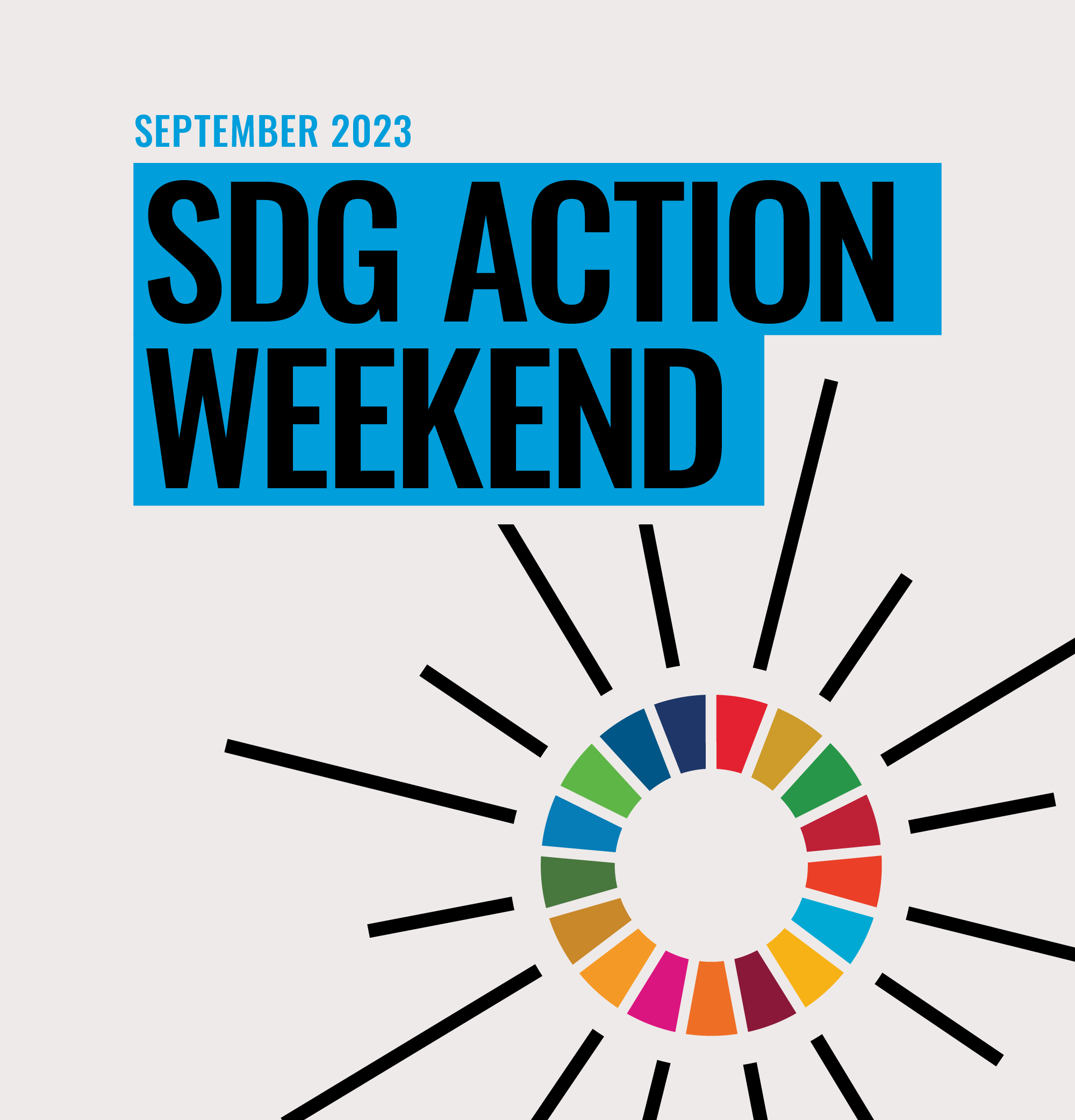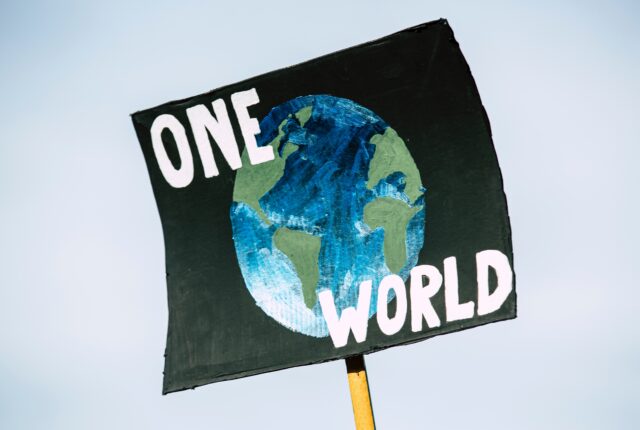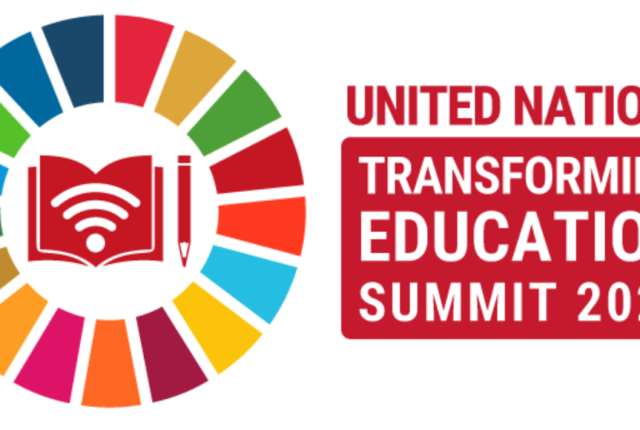In September 2023, two significant events, “Catalyzing Transformative Change: Science, Academy, and the Journey to 2030” and “Accelerating Multilateralism with Transformations in Science Policy Practice Interfaces,” unfolded in parallel, both focusing on the critical intersection of science, policy, and sustainable development. These events, part of the SDG Action Weekend, offered unique perspectives on the role of science in achieving the United Nations Sustainable Development Goals (SDGs). In this blog post, we will summarize and compare the key takeaways from these two events, shedding light on the shared themes and distinctive insights they provided. View the official program of events here.
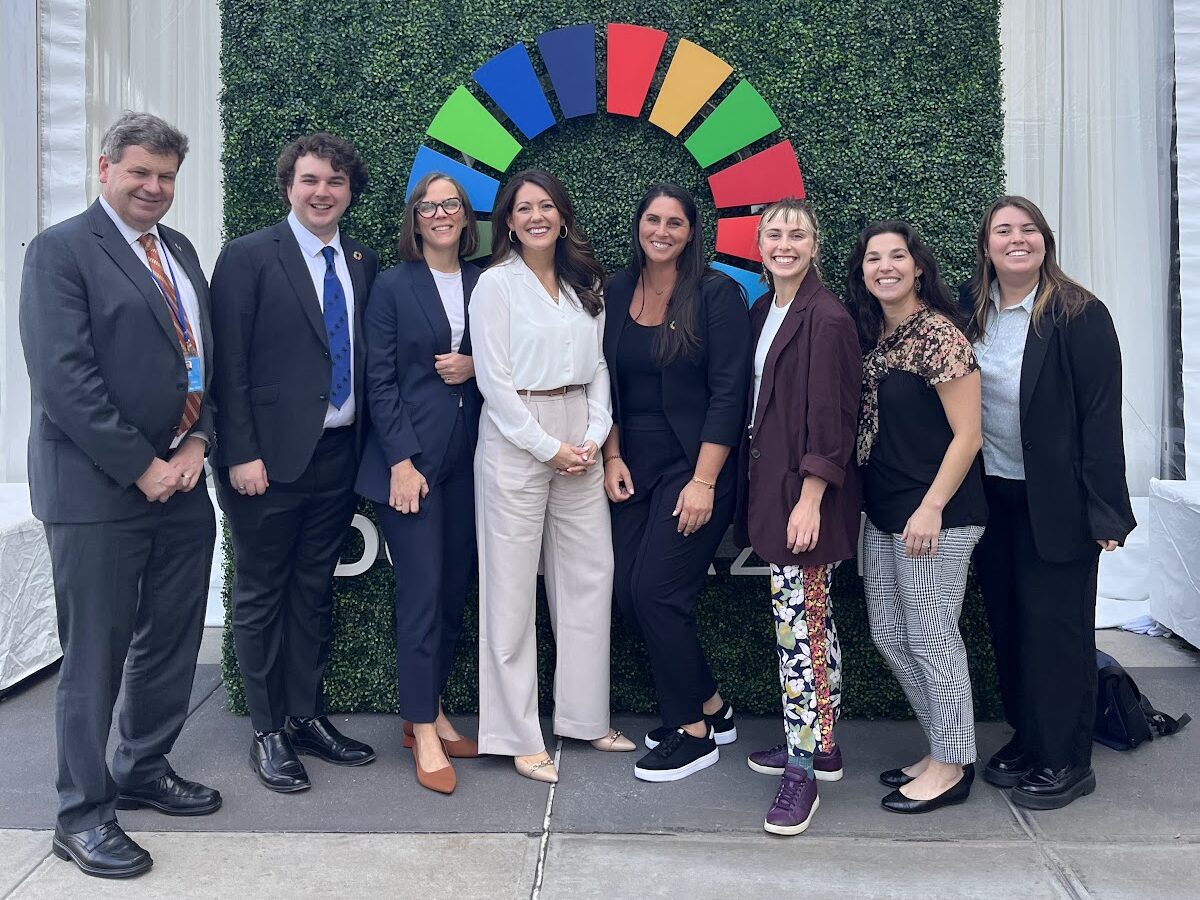
Event 2: Accelerating Multilateralism with Transformations in Science Policy Practice Interfaces
The second event held on September 16, 2023, was co-hosted by prominent organizations including the UN Sustainable Development Solutions Network (SDSN), the Permanent Missions of Ireland and New Zealand to the UN, UNESCO, and the International Science Council (ISC), and emphasized the critical role of multilateral Science-Policy-Practice Partnerships in advancing the global Sustainable Development Goals (SDGs) agenda. Here, we summarize the key insights and takeaways from this insightful gathering.

The Significance of Science in the SDGs
Former PR of Ireland, David Donaghue, set the stage by highlighting the growing recognition of science as an essential foundation for the SDGs. The event underlined the increasing importance of science in sustainable development, as evidenced by the inclusion of Science Day at the High-Level Political Forum (HLPF) this year. This emphasis on science as the bedrock of the SDGs was echoed by Ambassador Carolyn Schwalger, New Zealand’s Permanent Representative, who stressed the critical role of science in decision-making processes.
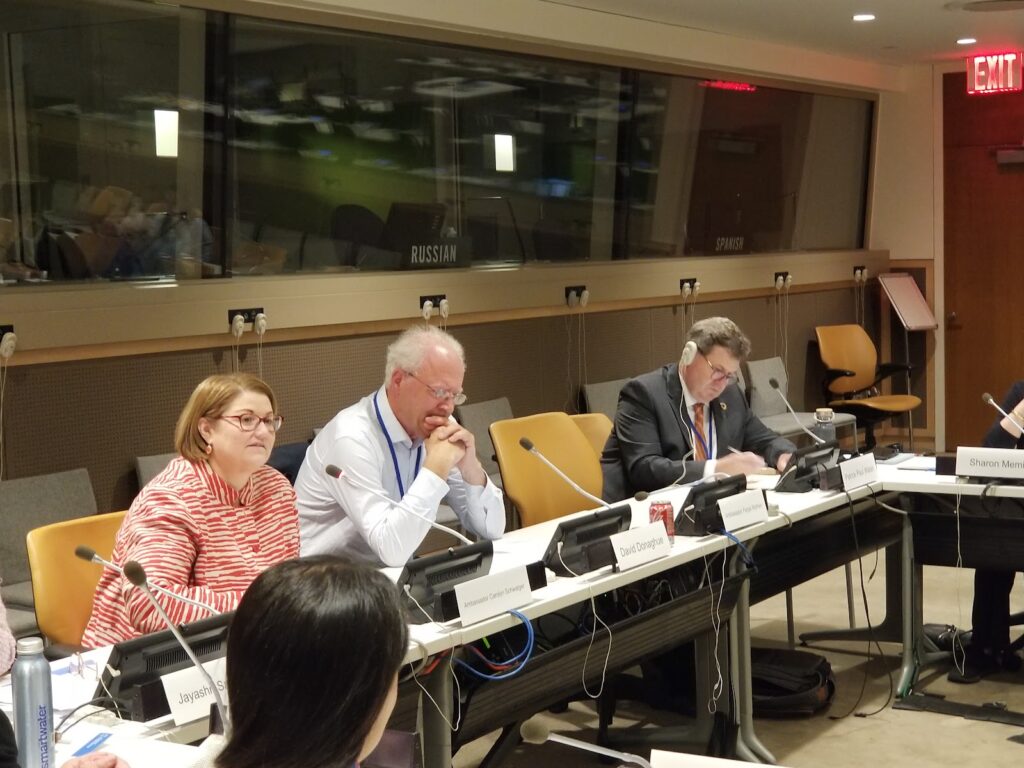
Official Key Messages
Partnerships are Crucial: Science-Policy-Practice Partnerships were identified as integral to the successful implementation of the 2030 Agenda.
- Education and Training are essential: Universities, schools, vocational training institutions, and research institutes play pivotal roles in building SPI capacity at all levels of governance
- Focus on Vulnerable Nations: Special attention must be given to capacity building in Small Island Developing States (SIDS) and Least Developed Countries (LDCs), where resources are often limited.
- Open Science, Data and Open Education Resources (OER) for Equitable Policymaking: The transition from competition to collaboration was advocated, with calls for increased access to open science, data and OER to facilitate inclusive and equitable policymaking and solutions. This called for the establishment of an open science, data, OER, infrastructure prioritizing the public good, which would require adequate funding.
- Increased Funding: There is an urgent need for increased funding, not only for scientific research but also for research related to the SDGs and transformation. Adequate funding ensures that policymakers can effectively utilize scientific findings in decision-making processes.
Panel Discussions
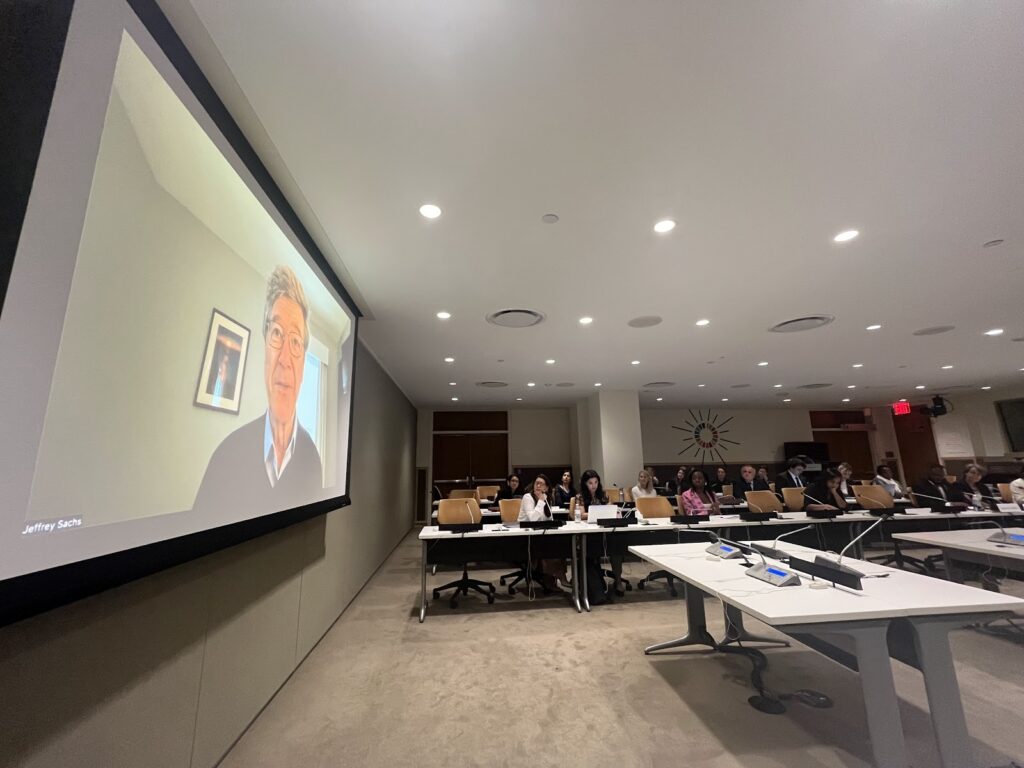
Professor Jeffrey Sachs, President of SDSN, stressed the critical role of trust in science and data for successful transformation. He highlighted the importance of partnerships and collaboration in advancing this agenda.
The event featured diverse panelists who shared their perspectives and experiences on Science-Policy-Practice Partnerships. Notably, Maria Esteli Jarquin emphasized the need for new funding approaches to science and called for equitable partnerships between high and low-income countries. She also stressed the importance of transdisciplinary and creative science, particularly for addressing current global challenges.

Challenges and the Way Forward
The discussions at the SDG Action Weekend underscored the complexities and challenges of accelerating multilateralism in the context of the SDGs. Traditional multilateralism, characterized by leaders around tables, faces limitations, and governments are often reluctant to collaborate with sectors possessing different capabilities. However, the event showcased the evolving landscape of multilateralism, with academia, universities, business networks, and young leaders stepping up to facilitate progress.
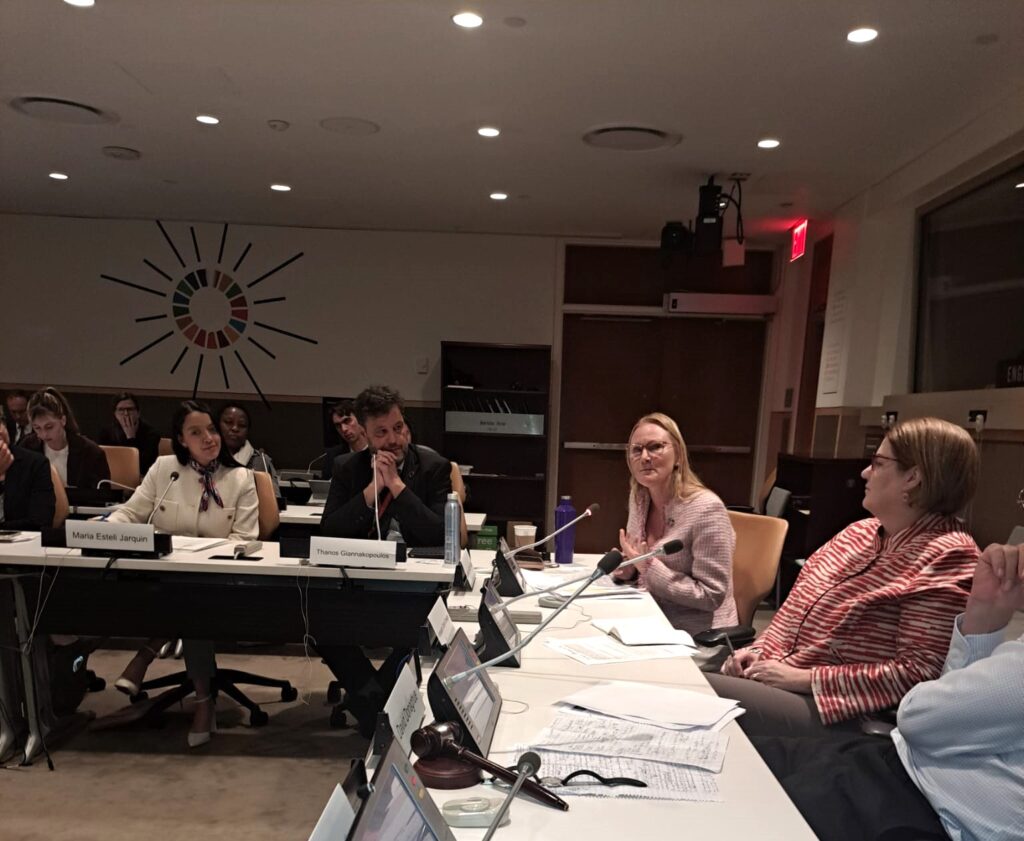
Conclusion
The SDG Action Weekend served as a beacon of hope and collaboration in the pursuit of sustainable development. It highlighted the indispensable role of science and the importance of Science-Policy-Practice Partnerships in realizing the SDGs. The key takeaways emphasized the need for inclusive approaches, capacity building, and youth engagement. As the clock ticks towards the 2030 deadline, it is evident that science and multilateral partnerships will continue to be pivotal in shaping our collective future. By fostering trust, collaboration, and equitable access to knowledge, we can overcome obstacles and accelerate our progress toward a more sustainable world.
